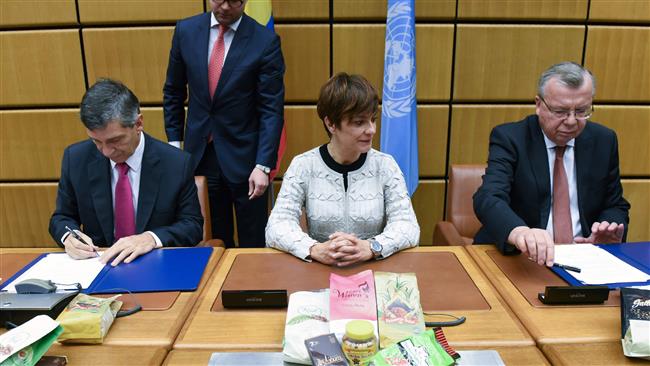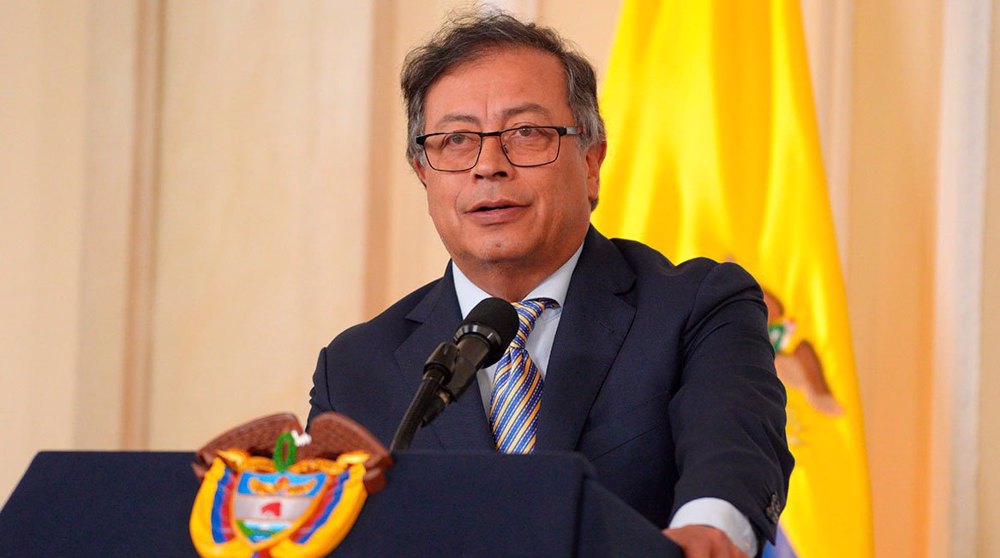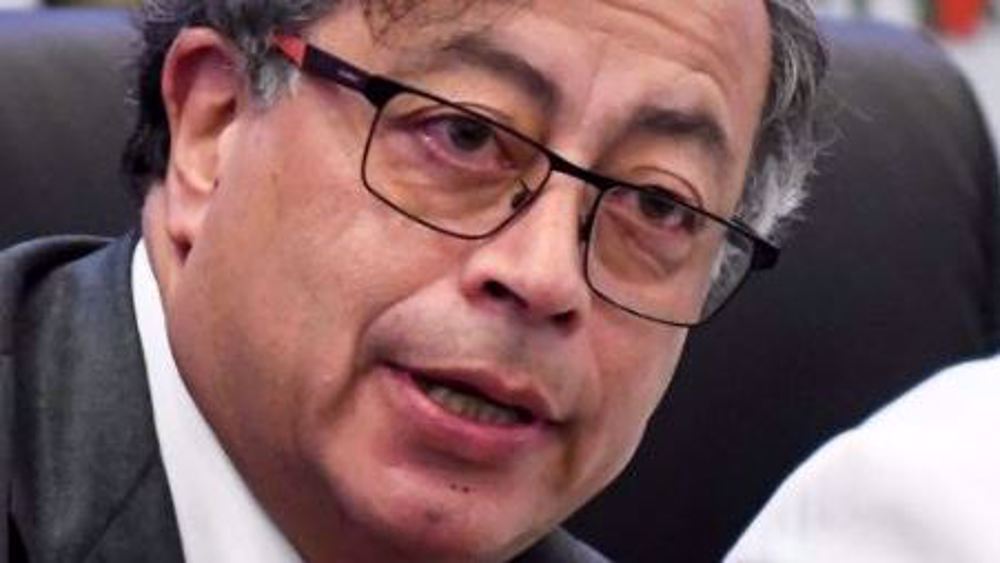UN, Colombia sign major anti-cocaine pact
Colombia and the United Nations have signed an important agreement aimed at stopping the production of cocaine in the South American country.
The agreement, worth $315 million, plans to urge farmers to grow crops such as coffee and cacao instead of coca used for making cocaine by a voluntary substitution program.
Colombia is hopeful that the UN-backed initiative will eliminate the drug trade in the country by offering its 120,000 coca-growing families incentives to go legal.
Farmers earn around $300 a month per hectare of coca. However, a big chunk of their income is seized by the drug gangs.
The new initiative is now offering them the same amount of money, which they get to keep in full.
The scope and schedule of the project is to get rid of 100,000 hectares of coca harvesting by next year.
The Vienna-based United Nations Office on Drugs and Crime (UNODC) said the agreement was one of the most ambitious initiatives to date to free rural communities from the clutches of drug gangs.
"This historical agreement is a unique opportunity to turn the tide against Colombia's coca cultivation and help farmers embrace alternative development," the UNODC head, Yury Fedotov, said in a statement.
Colombia is ranked by the UN as the world's biggest producer of coca leaves used to make cocaine, which is usually in the form of a white powder used by snorting or injection for pleasure or used in some medical cases to prevent pain.
In New York City cocaine is sold at $60 to $80 per gram on the street.
Hamas says seeks ‘comprehensive truce' as Israel hell-bent on war, blockade
VIDEO | Press TV’s news headlines
Iraq’s Islamic resistance hits two Israeli military bases with drones
VIDEO | An Insider’s View of the Country: Agricultural Products in Birjand and Kharg Island
UNRWA chief: Israel continues to deny humanitarian access to UN in Gaza
VIDEO | Iraqi lawmakers call for expulsion of US ambassador from country
VIDEO | Al-Qassam rocket strike kills, wounds over dozen Israeli soldiers
OIC denounces Israeli genocide in Gaza, urges sanctions against regime











 This makes it easy to access the Press TV website
This makes it easy to access the Press TV website